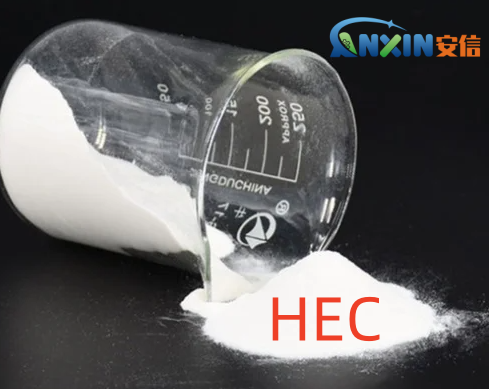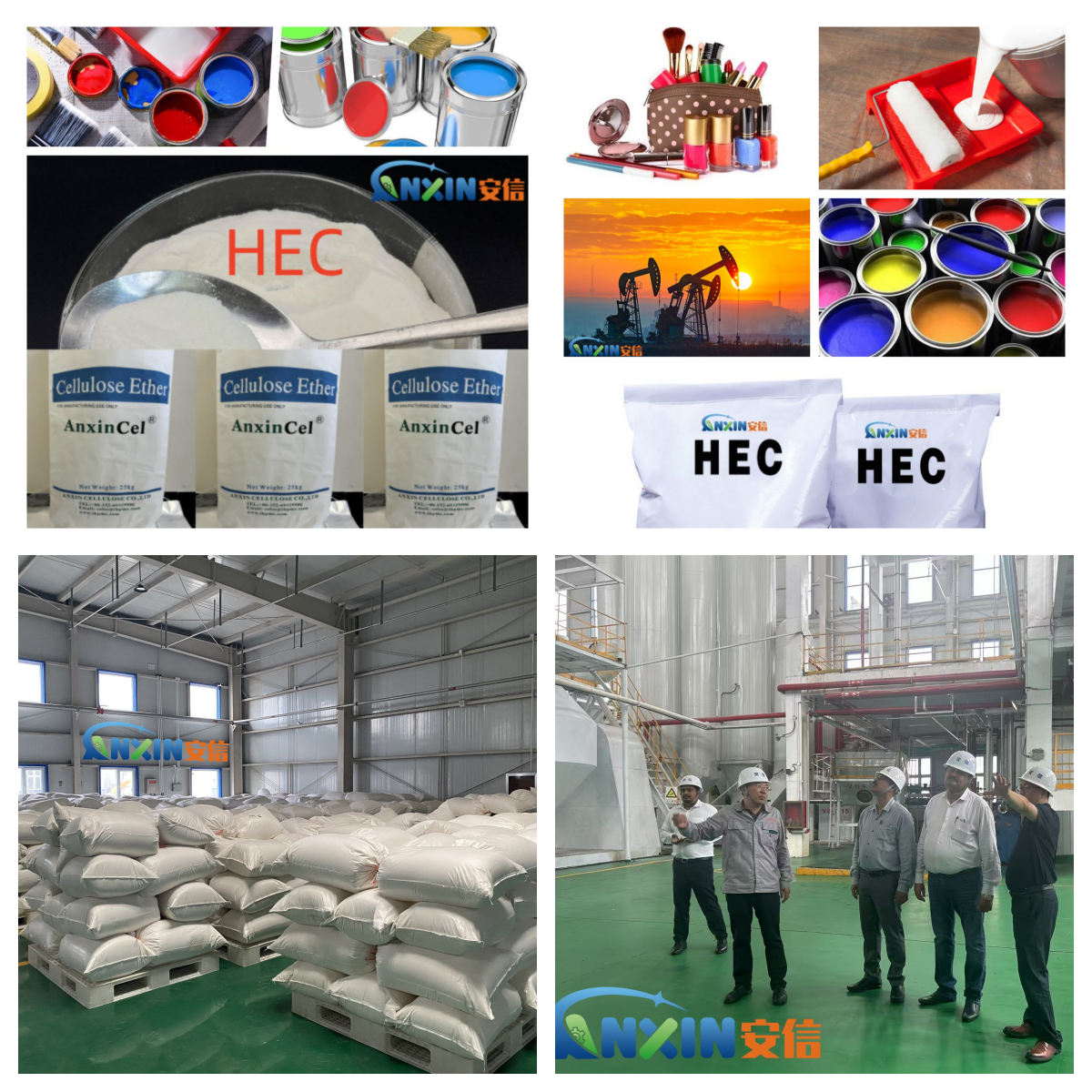Detailed explanation of the application and function of hydroxyethyl cellulose
Hydroxyethyl Cellulose (HEC) is a nonionic water-soluble cellulose ether, which is made by etherification reaction of natural cellulose with ethylene oxide after alkali treatment. It has good thickening, water retention, film-forming, suspension and colloid protection properties, and is widely used in many industrial fields, especially in coatings, building materials, daily chemicals, oil drilling, medicine, papermaking and other industries.
1. Application in the coating industry
In water-based coatings, hydroxyethyl cellulose is one of the most commonly used thickeners. It can effectively improve the construction performance, stability and rheology of latex paint. The specific effects include:
Thickening effect: HEC can improve the thixotropy of the paint by increasing the viscosity of the water phase, thereby improving the sag performance during brushing, roller coating and spraying.
Anti-sagging: HEC can improve the anti-sagging property of the paint during facade construction and ensure uniform coating thickness.
Stability improvement: By coating the pigment and filler particles, sedimentation and stratification are prevented, and the storage stability of the paint is improved.
Improve film-forming properties: It also has a certain optimization effect on the smoothness and fullness of the coating.
2. Application in the building materials industry
In building materials, such as tile adhesive, putty powder, cement mortar, self-leveling mortar and other products, hydroxyethyl cellulose has the following functions:
Water retention: HEC can significantly improve the water retention rate in mortar, cement, gypsum and other systems, and avoid the rapid absorption of water by the substrate or climate environment, which causes the material to dry and crack and powder.
Improve construction properties: By adjusting the viscosity and consistency, the mortar or adhesive is easier to scrape and apply, and has good ductility.
Improve adhesion: In tile adhesive or thermal insulation mortar, HEC helps to improve the initial adhesion and final bonding strength.
Anti-slip performance: In facade construction, it inhibits tile slippage and ensures construction accuracy.
3. Application in oil drilling
Hydroxyethyl cellulose also plays an important role in oil drilling fluid and completion fluid:
Thickener and rheology modifier: HEC can adjust the rheology of drilling fluid, so that it has excellent rock carrying capacity and prevent wellbore collapse.
Lubricant: Reduce the friction between the drill bit and the wellbore wall and extend the service life of the drill bit.
Filtration control agent: HEC can form filter cakes on the wellbore wall to prevent mud liquid from penetrating into the formation and protect the stability of the wellbore wall.
Salt and temperature resistance: HEC with high substitution degree still maintains good performance in salt water and medium and high temperature environments.
4. Application in daily chemical products
Hydroxyethyl cellulose is widely used in personal care products such as shampoo, shower gel, hand soap, facial cleanser, toothpaste, etc. The main functions are:
Thickening and suspension: HEC can stabilize the system structure of washing products and make spices, particles, bubbles, etc. evenly distributed.
Mildness: The non-ionic characteristics make it less irritating to the skin and eyes, suitable for sensitive formulas.
Excellent transparency: High-purity HEC can be used in transparent formulas without affecting the appearance of the product.
Adjusting touch and rheology: Improve the fluidity of washing products and the silky feel during use.
5. Application in the medical field
In the medical field, HEC is used as tablet adhesives, sustained-release agents, eye drops thickeners, topical ointment bases, etc.:
Controlled release carrier: HEC is biocompatible and is often used to prepare sustained-release tablets to control the drug release rate.
Ophthalmic preparations: Used in artificial tears to enhance lubrication and relieve dry eyes.
Topical preparations: Used as a matrix or stabilizer in gels, ointments, and creams to improve spreadability and skin adhesion.
6. Applications in other industries
Papermaking industry: Used as a dispersant and thickener in the coating of coated paper to improve the surface smoothness and printing adaptability of paper.
Pesticide adjuvant: Used in pesticide suspensions and emulsions as a thickening and dispersing stabilizer.
Ceramic industry: Used in ceramic body molding to enhance bonding and lubrication properties and prevent cracking.
Textile industry: used as thickener and protective colloid in textile slurry to improve fabric processing quality.
Hydroxyethyl cellulose has become an indispensable functional additive in many industries due to its excellent water solubility, thickening, water retention and safety. In the future, with the increasing requirements for environmental protection and green sustainable development, natural polymer modified materials such as HEC will have a broader market prospect and application space.
Post time: Jul-03-2025








